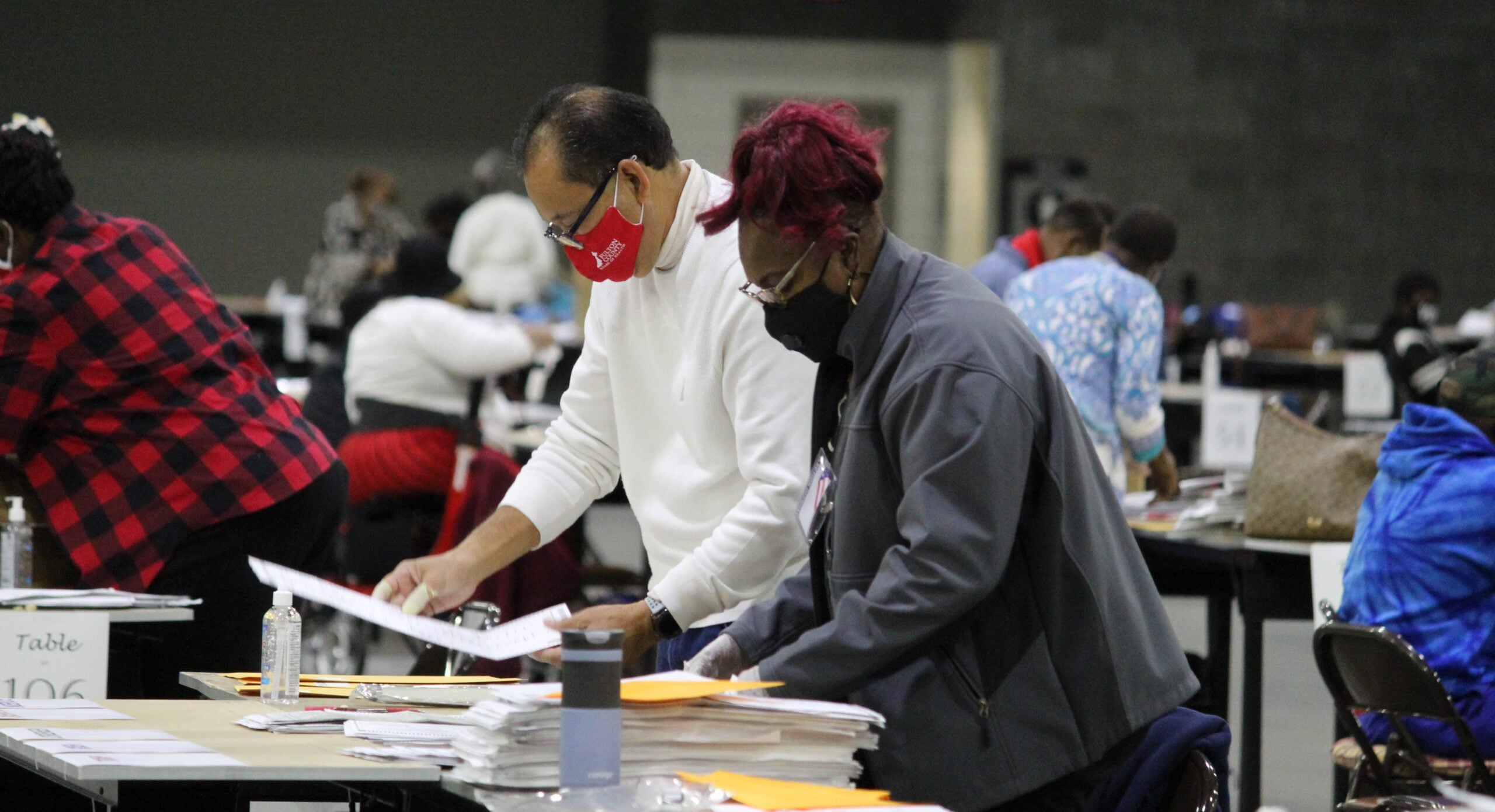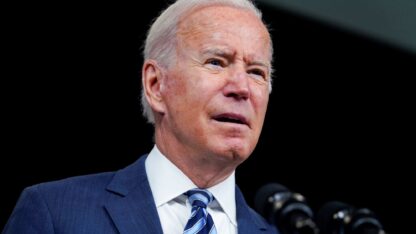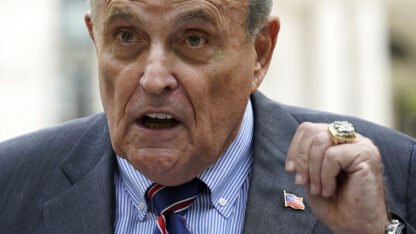With New Laws Looming And Rancor Over Leadership, What Does The Future Hold For Fulton County Elections?

Fulton County election workers handle ballots during a hand-recount following the November 2020 presidential race.
Emil Moffatt / WABE
Getting rid of the long lines and backlog of absentee ballot requests from last June’s primary elections meant Fulton County had to spend a lot of money. The county doubled its budget for elections, spending more than $40 million. It also used private grants from a group largely funded by the CEO of Facebook.
“I think it was $10.5 million in grants. It helped us to get two mobile units, and we were able to smoothly get training done,” said Fulton County Commissioner Khadijah Abdur-Rahman.
But the next election could be different. Republicans who control the Georgia Legislature want to ban private grants and prohibit mobile voting units as part of House Bill 531. That concerns Abdur-Rahman, a Democrat.
Fellow County Commissioner Liz Hausmann, a Republican, is not worried about losing that grant money. She says the county will be OK because those costs were one-time expenses related to COVID-19 and Georgia’s new voting machines.
“You know, the state provided the majority of it [voting equipment]. But in a county like ours, we have 255 precincts on Election Day and so, we invested in some heavy equipment to transport those units and things like that,” Hausmann said.
HB 531 would also restrict the number, placement and operating hours of absentee ballot drop boxes. Last year, Fulton deployed more than 30 drop boxes, and they were available 24/7 under video surveillance. Fulton also offered 19 days of early voting including two Saturdays and two Sundays during the November 2020 general election. The legislation would force the county to cut two of those weekend voting days.
Commissioner Hausmann says that still leaves 17 days for early voting.
“Everybody should have time, if they want to vote, to find a time in that long window where they can get to the polls,” said Hausmann, who also expressed concern with election workers logging seven-day workweeks.
Commissioner Abdur-Rahman says the new laws would disproportionately affect Fulton voters, especially those who don’t have flexible work hours and need the weekends to vote.
“You’re definitely targeting a large amount of people in Fulton County,” Abdur-Rahman said.
The two commissioners were also on opposite sides of last week’s vote on whether to accept or reject the firing of embattled Elections Director Richard Barron. Barron ultimately kept his job.
“If the Board of Registration and Elections had the opportunity to hire and fire with no oversight from us, that would just be rubber-stamping,” said Abdur-Rahman, who voted to reject Barron’s firing. “To have us in place for that second review, that second step, I think is wise, and it’s the democratic way.”
But Hausmann says elected officials shouldn’t have a say.
“I don’t think the public thinks that I should be involved in the day-to-day or the management of those operations,” Hausmann said. “I think we’ve got clearly defined laws in this state, which are being tightened up now, and that those laws should be followed. Those laws call for an independent body to oversee the elections.”








